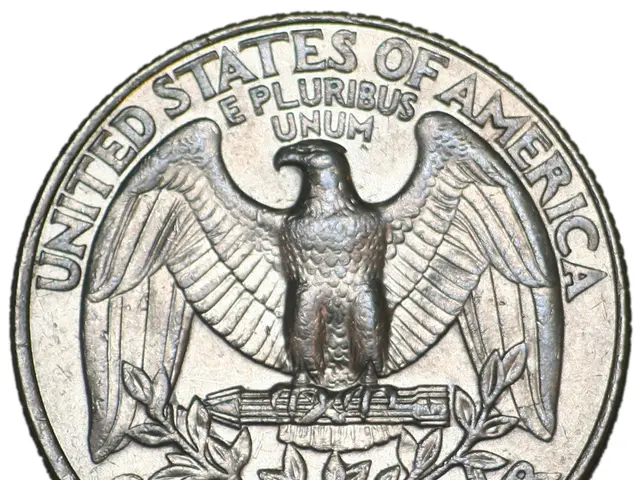Louisiana Court Bars EPA from Enforcing Disparate Impact Rules in Civil Rights Cases
A Louisiana district court has issued a significant ruling, barring the EPA and the Department of Justice from enforcing disparate-impact-based requirements against the State of Louisiana and its agencies in civil rights cases under Title VI of the Civil Rights Act of 1964. This decision comes after a rare EPA investigation into Louisiana's permitting practices and a lawsuit filed by Louisiana Attorney General Jeff Landry.
The EPA had opened a civil rights investigation into Louisiana's permitting practices in 2022, following a Title VI complaint filed by Earthjustice on behalf of St. John the Baptist Parish residents. The complaint alleged racial discrimination in the Louisiana Department of Environmental Quality's permitting process. This marked a rare instance of the EPA enforcing regulations concerning disparate impact.
In January 2024, Judge James D. Cain Jr. ruled in favor of Louisiana, stating that the EPA and the Department of Justice cannot impose disparate-impact-based requirements in civil rights cases under Title VI against the state or its agencies. This decision is likely to serve as a template for other states opposing the EPA's use of disparate impact analyses in environmental justice policies and investigations.
Meanwhile, the EPA has continued to apply the disparate impact standard in other states despite the Louisiana decision. In February 2024, the EPA reached an Informal Resolution Agreement with the Illinois Environmental Protection Agency to resolve claims of racial and national origin discrimination in its permitting process.
The Louisiana decision has set a precedent, potentially limiting the EPA's ability to enforce disparate impact requirements in civil rights cases under Title VI. While the EPA continues to apply the standard in other states, the Louisiana ruling may encourage other states to challenge the EPA's use of disparate impact analyses in environmental justice policies. The EPA's approach to Title VI enforcement remains a contentious issue, with ongoing debates about the appropriate scope of the agency's authority.
Read also:
- Potential Consequences of Dismantling FEMA Vary Across States
- Railway line in Bavaria threatened by unstable slope - extensive construction site at risk
- Wind Farm Controversy on the Boundary of Laois and Kilkenny
- Puerto Rico's Climate Lawfare Campaign experiences another setback with the dismissal of its deals.








